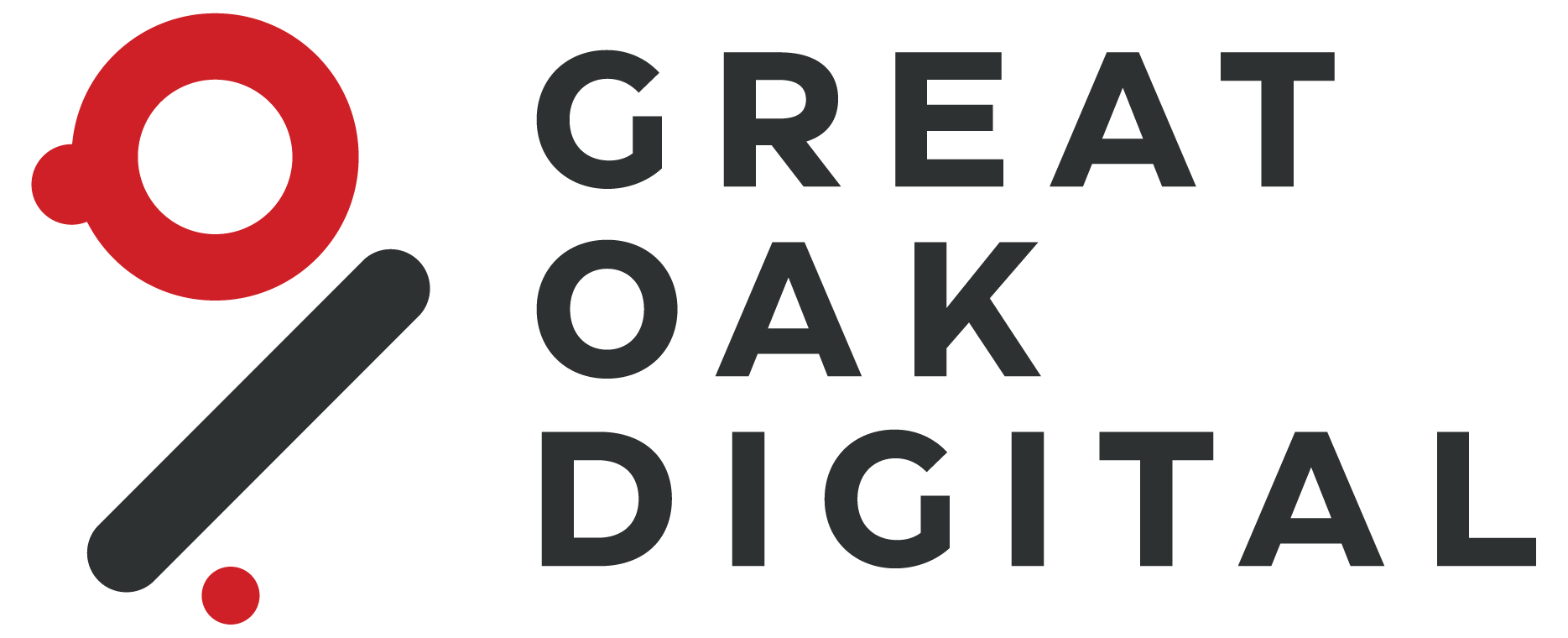You moved to the cloud for speed, scalability and savings. You stayed because it gave you flexibility, faster deployments and easy access across teams. But while the benefits are real, so are the risks. One wrong click or downloading one corrupted file can open a crack—and someone out there is always looking to slip through it.
Let’s be blunt. Cybercriminals don’t care how small or big you are. They only care about one thing: access. And if your cloud environment gives them an easy way in, they’ll take it without hesitation.
Here are just a few threats lurking in the cloud:
- Data breaches: If your cloud storage isn’t properly secured, sensitive customer or financial data can be leaked, stolen or exposed.
- Account hijacking: Weak or reused passwords make it easy for attackers to impersonate users and move laterally across your systems.
- Misconfigured settings: A single unchecked box or open port can turn your infrastructure into a public playground for threat actors.
- Insider threats: Sometimes, the breach doesn’t come from the outside. Employees—intentionally or accidentally—compromise access, leak files or invite in malware without realizing it.
So, the question is: who’s responsible for your data?
Cloud security isn’t automatic
Here’s the hard truth. Just because your cloud service provider manages the infrastructure doesn’t mean your data is automatically safe. The cloud follows a shared responsibility model. They’ll handle the hardware, software and network—but securing the data, apps and access? That’s on you.
Cloud security means implementing the right policies, controls and practices to protect what matters most—your data, your clients, your uptime and your reputation. And with hybrid work, remote access and constant cloud syncs, this isn’t a one-time setup. It’s a continuous process.
The more you rely on the cloud, the more critical your role becomes in defending it.
Building a strong cloud security posture
There are no silver bullets, but there are fundamentals you must get right. Let’s talk about the practices that protect your business while allowing you to enjoy the benefits of the cloud—without constantly looking over your shoulder:
- Data encryption: Encrypt your data at rest and in transit. Even if attackers intercept your files, they can’t read what they can’t decrypt.
- Identity and access management (IAM): Ensure that every user only has the access they need. Lock down permissions, use strong authentication and review access regularly.
- Regular security audits: Assess your cloud security setup often. Spot the gaps before attackers do, and don’t let outdated policies create new vulnerabilities.
- Compliance checks: Stay aligned with data privacy regulations and industry standards. Skipping this isn’t just risky—it’s a legal and financial landmine.
- Incident response planning: Have a plan. If something goes wrong, you should know exactly what steps to take, who’s responsible for what and how to contain the damage quickly.
- Disaster recovery: Back up your critical data and store it in a separate location. That way, if the cloud goes down, your productivity doesn’t go down with it.
These aren’t just best practices; they’re the bare minimum if you want to stay secure without sacrificing speed and innovation.
You don’t have to navigate cloud security alone
Cloud security isn’t a checkbox. It’s a mindset—one that requires regular updates, honest evaluations and strong execution.
If you’re not sure where to start or how to plug the holes, you don’t have to guess. Let’s take a closer look at your cloud environment, identify the gaps and build a security strategy that works for your business model. You don’t need to be paranoid—you just need to be prepared.
Reach out today and let’s get your cloud security where it needs to be.






